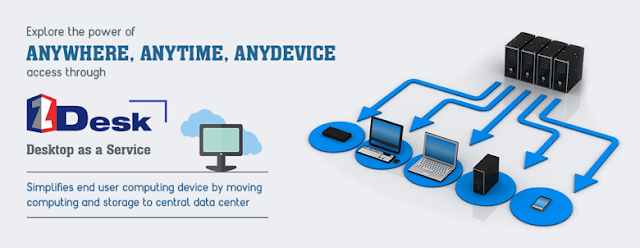Digital Transformation in the Healthcare Industry and Its Positive Impact on Patient Care
Digital transformation in the healthcare industry is revolutionizing the way healthcare professionals provide patient care. By leveraging digital technologies like cloud computing, artificial intelligence, and machine learning, healthcare organizations are able to streamline processes and improve efficiencies. This helps them deliver better quality care and improved patient outcomes. In addition, digital transformation can help reduce costs by eliminating manual processes and automating administrative tasks. With its ability to provide real-time data and insights, digital transformation is enabling healthcare providers to make more informed decisions about patient care and treatment options. Ultimately, healthcare digital transformation will lead to improved patient outcomes and a higher quality of care for all patients.
What
Is Digital Transformation in Healthcare?
You may have heard the term
"digital transformation" a lot, but what is it, exactly? In the
healthcare sector, digital transformation is essentially the introduction of
technology into a variety of areas—administrative, operational, and clinical
functions—in order to improve patient care. This could include anything from
data analytics and artificial intelligence to virtual visits and telemedicine.
Digital transformation can help
health organizations deliver better care to patients. By leveraging technology
to streamline operations and communication between providers and patients, the
entire patient journey can be improved—from pre-visit planning to post-visit
follow-up.
It doesn't just benefit healthcare
providers either. For patients, digital transformation can mean increased
access to health services, more personalized care experiences, shorter wait
times, and better overall satisfaction with their providers. Digital
transformation is ultimately trying to make healthcare more efficient for both
providers and patients alike.
Benefits
of Digital Transformation in Healthcare
Healthcare Digital transformation offers numerous benefits, from eliminating paperwork and
manual tasks, to provide faster access to patient data that can inform better
clinical decisions. Here are a few of the top advantages:
- Automation: By automating administrative tasks such as
appointment scheduling or billing, digital transformation can reduce human
errors and save time.
- Improved Patient Experience: Digital transformation
enables the automation of complex processes, resulting in improved patient
experience through faster appointments, easier access to their data, and
more personalized service.
- Enhanced Collaboration: Digital technologies facilitate
collaboration with other stakeholders within the system by enabling easier
communication between care teams and allowing for greater visibility into
the progress of treatment plans.
- Reduced Costs: Automation reduces operational costs
significantly by reducing overhead costs associated with manual processes.
It also offers opportunities for cost savings through improved resource
management.
Conclusion
In conclusion, healthcare digital
transformation is a necessary step for hospitals and healthcare providers
in order to improve the quality of patient care. By applying digital technology
effectively, healthcare organizations will not only be able to streamline their
operations and cut costs, but also be able to provide better care for their
patients. Through increased connectivity and shared information, healthcare
organizations can help to reduce medical errors, provide more accurate
diagnoses, and ensure quicker treatments. Furthermore, through the use of
digital technology, healthcare organizations can ensure their patients have
access to the best possible care and support in the most efficient manner
possible.




Comments
Post a Comment